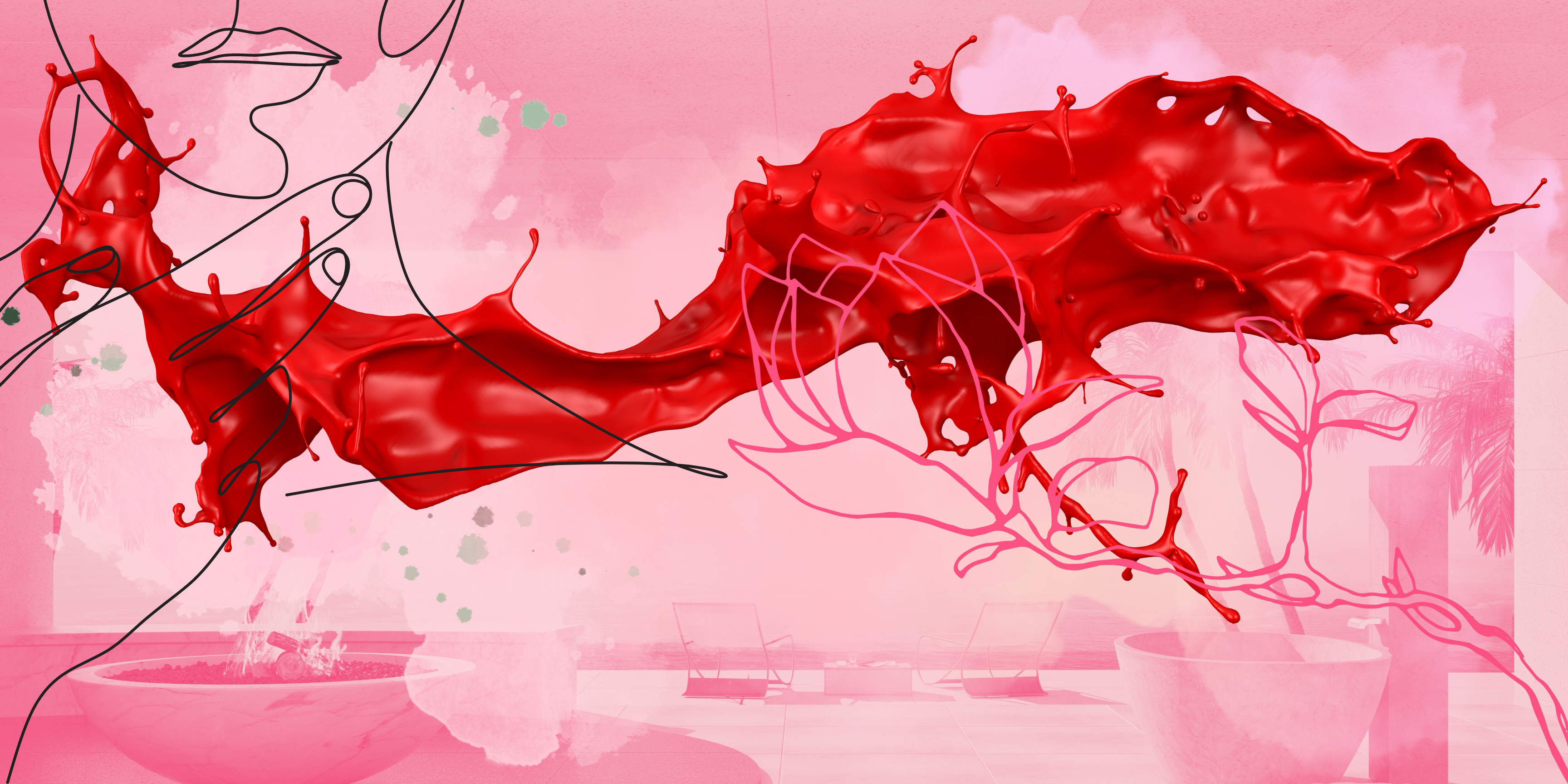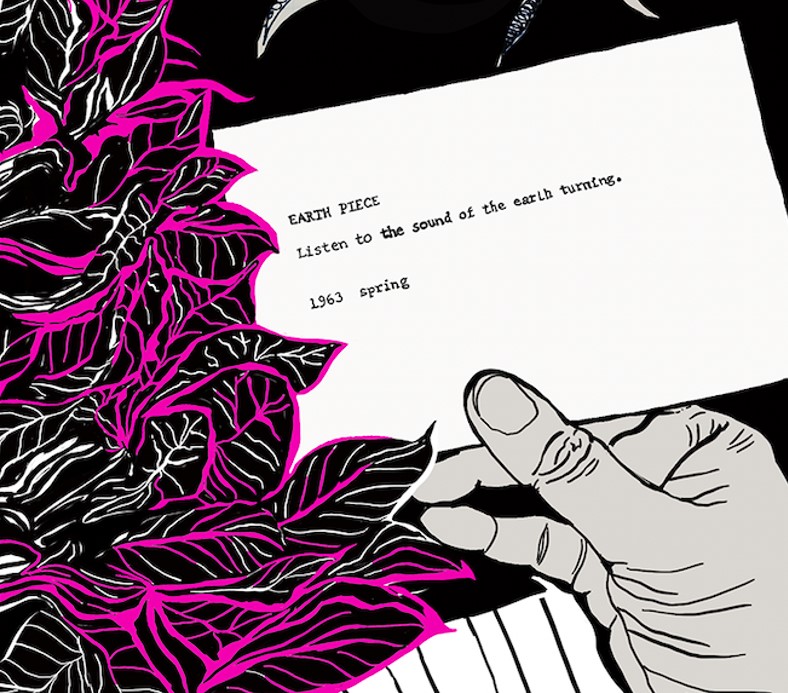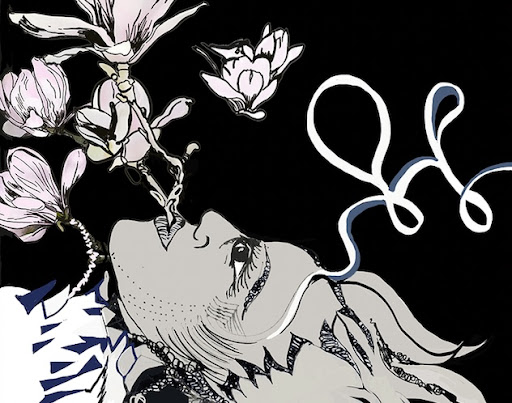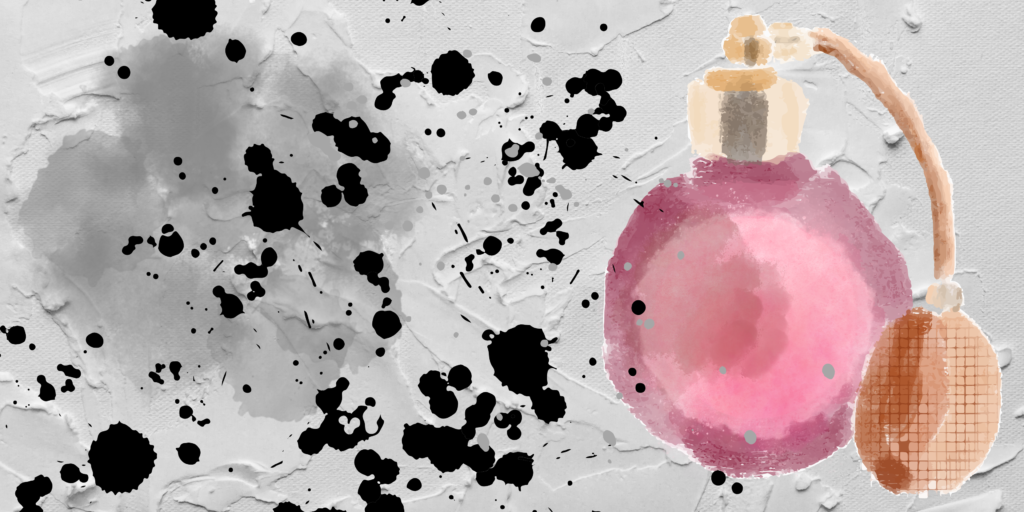I am searching for a house, and I’m not sure I’ll find it.

February 24, 2023
I am searching for a house, and I’m not sure I’ll find it.
In the evenings, when I am not busy with the other things that occupy me, I am writing a film script about “interiority” and “trauma.” It takes place in a villa by the sea, the sea is pink and the mountains are pink, the sky is pink, and the iridescent tide crashes down below.
This is all to say it is a placeless film (as all films are).
I am searching for the house I’ve built again and again through the slow, repetitive movements of my fingers on the keyboard, and still somehow have yet to find. The film producers are calling day and night asking when we can begin location scouting. What can I say? That I am afraid?
The villa is nestled into the pink rock of a secluded mountainside. A remnant of the Japanese colonial administration. Abandoned either by a colonial administrator or collaborator during the war.
The camera is sustained at a low height of two to three feet, eye level of a person kneeling on a tatami mat (after Ozu). An amber shaft of light shifts across the cypress floor. The shot is framed by a sliding screen partition, which slides open to the left. The sound of weathered wood and rice paper chafing. A woman enters the scene.
She should be of narrow build with dark black hair. The red scarf around her neck is wound too tight, a single loose thread at her jawline. Her language is not the one spoken here. She tries to speak. The verbal constriction is stifling, suffocating. Language is suspended in the scene, caught in the narrow stitches of light woven into the rice straw mats. Each fiber is visible, each slip of straw an alien artifice.
She stands there in the fading light, her body swallowed by the rearranging planes of paper screens, dissected by the sophistication of the Japanese House. She glides to the right, brushes her fingertips across the vase resting on a walnut table. Pauses in front of the window, gazing out at the desiccated landscape.
No, the setting is not simply a device for the woman to contemplate her own personal tragedies.
She tries to feel a connection to the silvering tufts of grass wavering outside. TOURIST, a voice whispers accusingly off screen. I flinch.
My films in the past have been described as “neurotic” and “ungrounded.” Perhaps they’ve hit on a key point, however, in centering a certain spatial fugue in my work.
What I mean to say is I desire landscapes.
A writer I admire said recently that she strove for each of her sentences to feel like a Shaker house. That struck me as ingenious, particularly as I am searching for the setting of my film now, which is not a Shaker house, but a Japanese house.
But unlike her Shaker house with its simple wood paneling and handwrought furniture, my Japanese house is full of contradictions I cannot explain. For instance, the woman’s scarf is too red, much too red, for the scene. And yet I cannot untangle it from her throat. And the vase, it is entirely contrived. I imagine flecked whorls imprinted onto porcelain, the only tangible presence of the woman in the house. They are incompatible, the fingerprints and the vase, revealing the blanket of crude artifice that had been there all along, ruining the scene.
I am searching for a Japanese house (I finally told the producers). Or rather, I am searching for the language of a Japanese house. I desire the film script to be its own discrete Japanese house, meaning my scenes are slightly transparent, porous enough that light can filter through the rice paper screens and walnut lattice window, inside and across each line. It’s a matter of “atmosphere.”
In another scene, the magnolia tree has bloomed next to the window of the study. The woman can’t help herself. She plucks a fresh bloom to press, to archive another body caught within the loop of the Japanese house. She pinches the wrinkled flower between two fingers and observes the relentless play of petals, pistils, and penetrating light. She flattens the moment into a small blue book.
CUT to the magnolia tree’s violet shadow flattened down the length of the tatami mats. The magnolia outside the window refracting light through bud and branch. The woman, she is familiar with this flatness. My script too is flat. This is a good thing.
Location scouting is a tedious endeavor. I spend the better part of summer trapped in a stifling rental car, scouring the Korean countryside for a colonial Japanese house. I try to feel a connection to the land. TOURIST, a voice mutters severely off screen.
I drive rather aimlessly for several days, passing houses with promising film potential or not, I don’t know. I can already hear the producers whining about the budget, my wastefulness.
I drive and drive and drive. The gentle hum of the engine is endless. My hands poised on the steering wheel, fixed in the perpetual motion of search. The sun is orange and wicked on the road.



